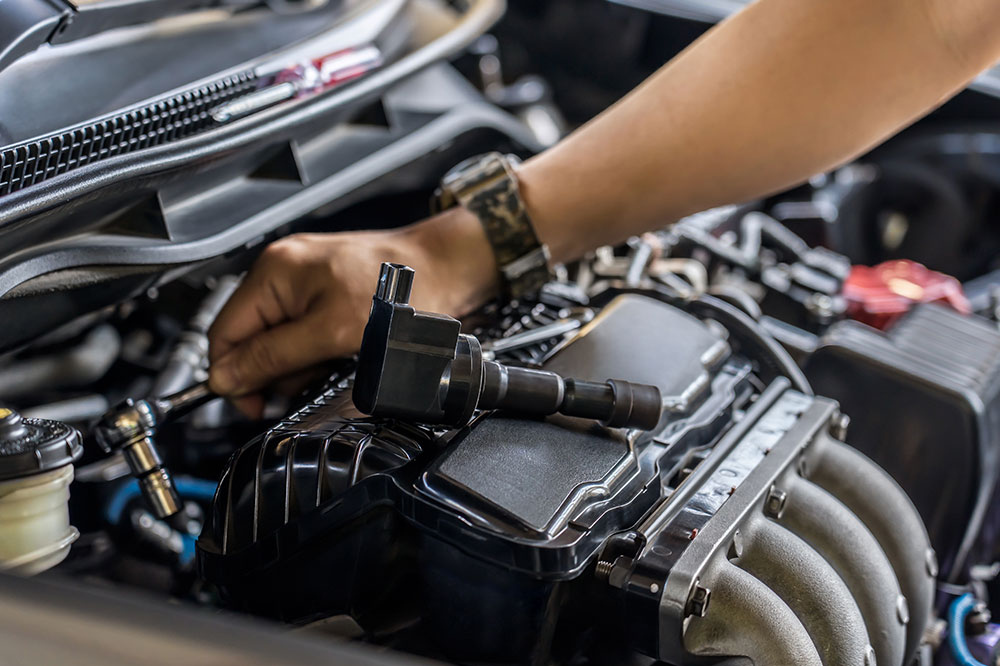
6 easy maintenance tips to make your car last longer
There are hundreds of automobile brands out there selling sedans, minivans, sports cars, SUVs, pretty much anything you may want. This has made buying vehicles convenient. However, holding on to a new car, or even a used one, can get annoyingly expensive over the years, especially if you don’t maintain it well. So, here are a few basic car maintenance tips to extend the life of your vehicle and save you money.
Swap the engine oil
The engine oil is essential for your car’s engine and other parts to function seamlessly. However, the oil becomes impure over time and doesn’t provide enough lubrication. So consider switching it every 5,000 miles or follow the manufacturer’s instructions. This is one of the most basic car maintenance tips you don’t want to miss.
Replace the brake pads
Brake pads provide enhanced safety every time you head out for a drive. But sometimes, you may hear a screech-like sound when you hit the brake pedal. It means the pads are about to wear out. While they may cost a little more, it isn’t much when compared to safeguarding your life.
Check the tires
With time, the tires can get worn out and lose their grip. The air pressure in them can also change. So, inspect the tires (including the spare one) at least twice a month. Also, look for nails (or other shards) that could have pierced them.
Ensure you have the spare parts
People often ignore the role spare parts play in car maintenance and upkeep. An extra tire, spark plugs, fuses, light bulbs, and even screws and nuts can come in handy. If your vehicle breaks down due to a minor issue and you don’t have the part, you’re bound to pay big bucks for a towing service.
Inspect the coolant
The coolant is responsible for maintaining several parts of the car, including the heater, air conditioner, radiator, and water pump. So check the coolant at least twice a year, before summers or winters. It will help keep internal corrosion away and ensure your car is in good condition.
Maintain the battery
If your car’s battery is damaged, a quality replacement may cost over $100. Further, if your vehicle shuts down in the middle of nowhere because of a spoilt battery, you’re going to pay more for a towing service, too. So buy a wire brush, inspect the battery terminals for corrosion, and clean them at least twice a year.


